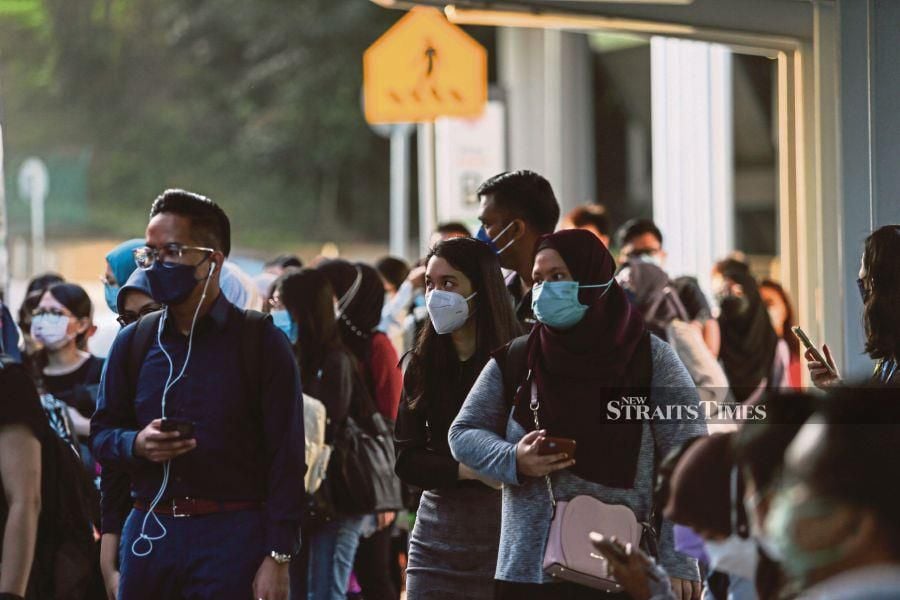
KUALA LUMPUR: Malaysia's retirement preparedness has experienced a worrying decline, dropping from 28th to 32nd out of 47 countries in 2023.
Retirement Fund Inc (KWAP) chief retirement services officer Zarina Halim said this saw the country's overall retirement index drop from 63.1 to 56.0.
This was among the statistics revealed in the Retirement Strategic Agenda report by KWAP in collaboration with the Malaysian Research Institute on Ageing (MyAgeing) at Universiti Putra Malaysia.
Zarina said the report would shed light on the readiness of government employees and pension recipients for their retirement years.
"Malaysia's decline in the global retirement index is a cause for concern, especially as our population continues to age at an accelerated rate.
"The challenges of preparing for retirement go beyond financial stability — they also encompass healthcare access, social support, and quality of life," she said during the report's launching event.
She said Malaysia, like many other developing nations, is grappling with the demographic shift of an ageing population.
"The country is logging a steady increase in individuals aged 60 and above, which presents socio-economic challenges, including the strain on healthcare services, labour shortages and potential economic repercussions.
"If we do not address these challenges now, we risk placing additional pressure on our healthcare system and undermining the quality of life for our senior citizens."
She said the Retirement Strategic Agenda would aim to tackle such challenges head-on with initiatives, such as the Career-Retirement Strategic Agenda (CReSA).
"The report provides a comprehensive assessment of retirement preparedness in Malaysia, based on a study that surveyed over 6,000 government employees and 1,075 pension recipients.
"Meanwhile, drawing from the World Health Organisation's Active Ageing Policy, the CReSA framework encompasses 12 comprehensive strategies and 78 key initiatives designed to enhance the well-being of retirees.
"These strategies focus on four pillars — health, safety, social participation, and lifelong learning — which are essential in ensuring that retirees lead meaningful and productive lives post-retirement.
Zarina said CReSA's core objective was to improve the existing retirement services by enhancing the coverage, adequacy and effectiveness of programmes available to Malaysia's elderly.
"Among the key proposals are the introduction of online medical assistance services, automatic health insurance enrollment, and joint payment facilities at private clinics.
"These initiatives aim to ensure that retirees have access to vital healthcare and financial planning tools.